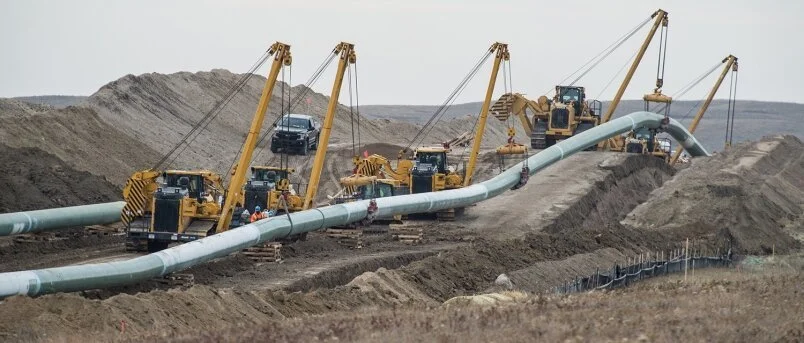City fights high gas prices
City council has taken a pre-emptive swipe at Enbridge’s campaign for higher home heating bills. At issue is a regulatory gas rate decision worth hundreds of dollars per home.
On December 21, after a year long review and public hearings, the Ontario Energy Board blocked continued subsidization of the installation of new gas lines by Enbridge. To that point, the company had been allowed to finance these installations through increased gas rates, but the OEB concluded that is no longer wise because of “the energy transition”.
The OEB is the province’s independent energy regulator and controls the prices that monopolies like Enbridge can impose on their customers. It examines Enbridge’s justifications for these prices in public hearings.
Environmental Defence hailed the OEB decision, noting that “developers can receive a subsidy worth up to $6,000 per [new] home, with an average of $4,500 per home”. Since gas users across the province now pay for these subsidies, the OEB decision will force Enbridge to reduce gas pricing by an average of over $600 a year over five years.
The OEB pointed to government commitments to cut greenhouse gas emissions as well as the increasing popularity of heat pumps and concluded these mean pipes “used to serve existing and new Enbridge Gas customers will become stranded [no longer useful]”. This trend to reduce use of ‘natural gas’ (a fossil fuel that is nearly all methane) is expected to apply both to existing Enbridge gas customers as well as people occupying new homes.
The lifetime cost of owning and operating heat pumps is already lower than fossil gas even before announced increases in the federal carbon tax and residents will continue to receive the quarterly tax rebates from Ottawa. In addition, heat pumps also provide air conditioning and are far more efficient than fossil fuel driven appliances.
Enbridge wants the December OEB ruling overturned, and has written to municipal councils across Ontario for their assistance in this. But even before the request has been formally received, Hamilton city council has voted unanimously to support the OEB decision.
A motion crafted by Ancaster councillor Craig Cassar was approved on February 14 in a 12-0 vote. Cassar pointed to the city’s 2019 climate emergency decision and noted that “the construction of new methane gas pipelines, which have 60-year lifetimes, should not be subsidized because they are inconsistent with the city’s climate targets and will result in higher carbon emissions, higher energy bills, higher future decarbonization retrofit costs to get off fossil fuel heating, and a continued financial drain as dollars leave the province to pay for fossil fuels extracted in other jurisdictions.”
Hamilton’s decision is being sent to other Ontario municipal councils as well as to Premier Ford and other key provincial politicians in his government. The day after the OEB decision, the provincial energy minister announced the Ford government will take the unprecedented step of overturning it.
This declaration was issued on the Friday before Christmas. Energy Minister Todd White promised legislation later in February when the legislature resumes sitting. Fossil (so-called natural) gas is the largest source of greenhouse gas emissions in Hamilton and the Greater Toronto Area. Most of Ontario’s supply comes from fracking in the US – a process that frequently involves leakage to the atmosphere.



